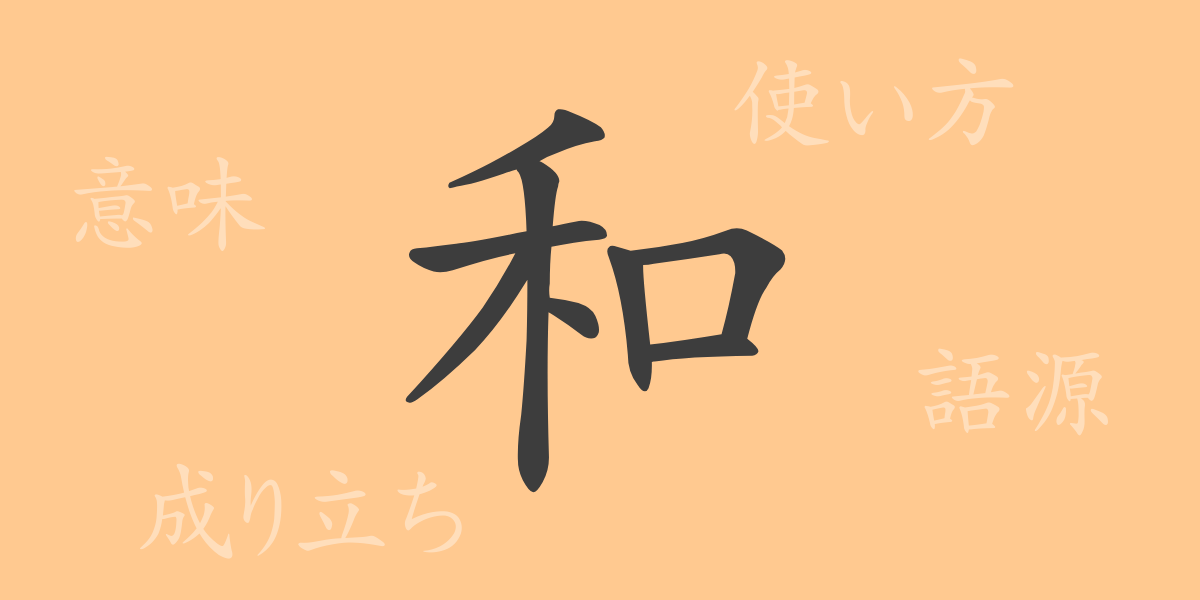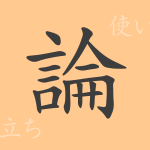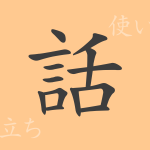Deeply rooted in Japanese culture, the character “和” (wa) soothes people’s hearts. This single character embodies a philosophy that goes beyond mere peace or harmony, and can be considered a core aspect of Japanese identity. In this article, we will explore the profound world of the 常用漢字(jouyou kanji) “和” (wa), from its origin and meaning to its usage, readings, and even idiomatic expressions and proverbs that include it.
Origin of 和 (wa)
The character “和” (wa) has been used in China since ancient times. Originally, it was a combination of “禾” (he) meaning grain, and “口” (kou) meaning mouth. It is said that the character came to signify peace and harmony from the image of people sharing harvested grains and eating together, thus eliminating conflict.
Meaning and Usage of 和 (wa)
“和” (wa) carries meanings like “peace,” “harmony,” “steadfastness,” and “gentleness.” Additionally, the “和” (wa) in “Nippon” or “Nihon,” which means Japan, is used to represent the national character of Japan. In terms of usage, expressions such as “和合” (wagou), indicating unity and teamwork, and “和気藹々” (waki aiai), describing a pleasant and joyful atmosphere, are common.
Readings, Stroke Count, and Radical of 和 (wa)
The character “和” (wa) has various readings in Japanese.
- Readings: On’yomi (音読み) is “wa,” and Kun’yomi (訓読み) includes “yawa.ragu,” “yawa.rageru,” “nago.mu,” and “nago.yaka.”
- Stroke count: 8 strokes
- Radical: 禾 (nogihen)
Idiomatic Expressions and Proverbs Using 和 (wa)
There are several idiomatic expressions and proverbs that include “和” (wa).
- 和気藹々 (waki aiai): Describes a friendly, cheerful, and enjoyable atmosphere.
- 和風総本家 (wafuu souhonke): Refers to something that is the most traditional and fundamental in its field.
- 和洋折衷 (wayou secchuu): Skillfully incorporating both Japanese and Western elements.
- 口は禍の門 (kuchi wa wazawai no mon): A proverb meaning that careless words can be the source of trouble.
Summary of 和 (wa)
The character “和” (wa) is one of the kanji deeply connected to Japanese life and spirit. It signifies peace and harmony and symbolizes the rich nature and hearts of people. Idiomatic expressions and proverbs containing “和” (wa) reflect the values cherished by people, and they continue to be an integral part of our language and culture.

























